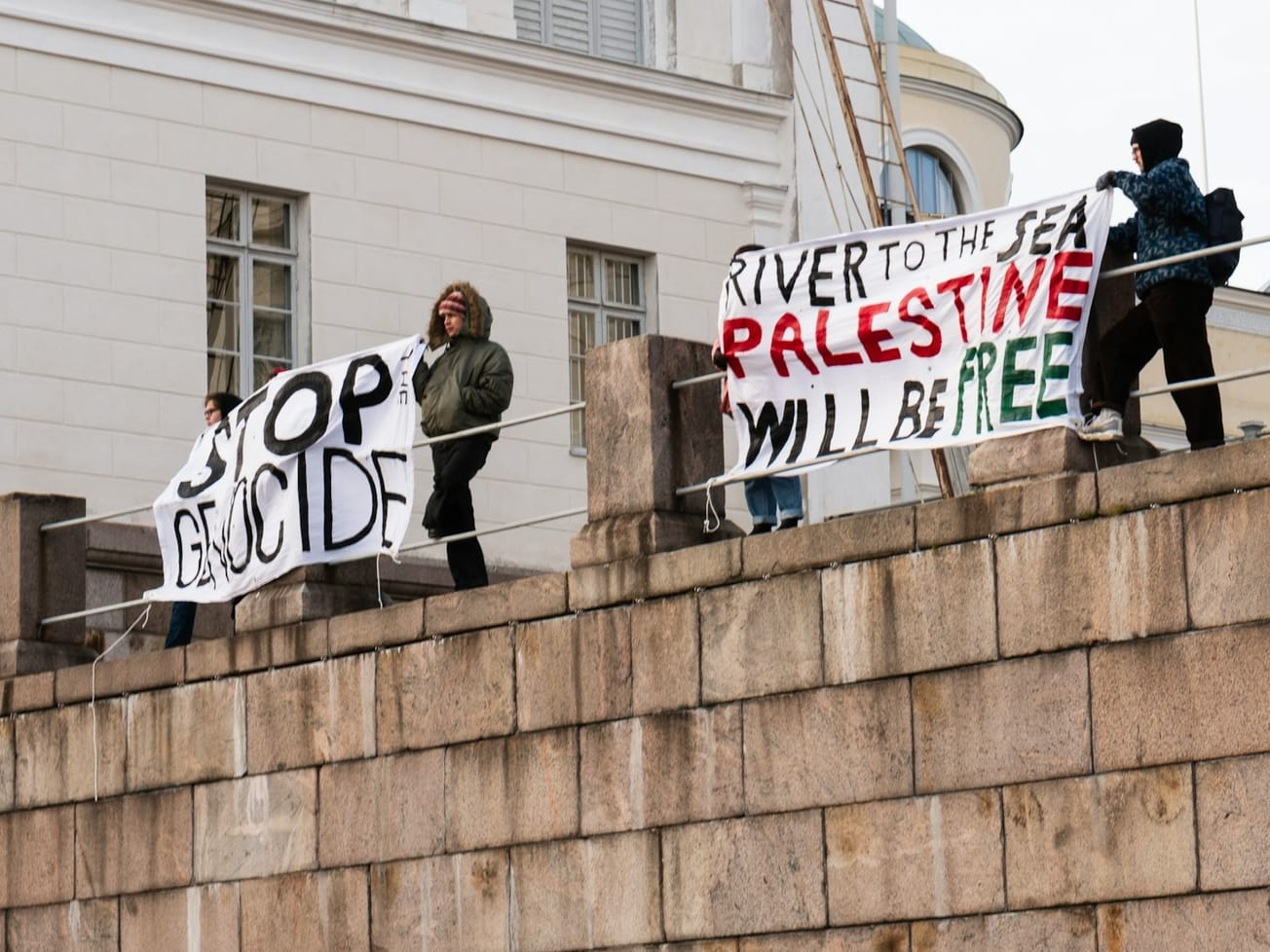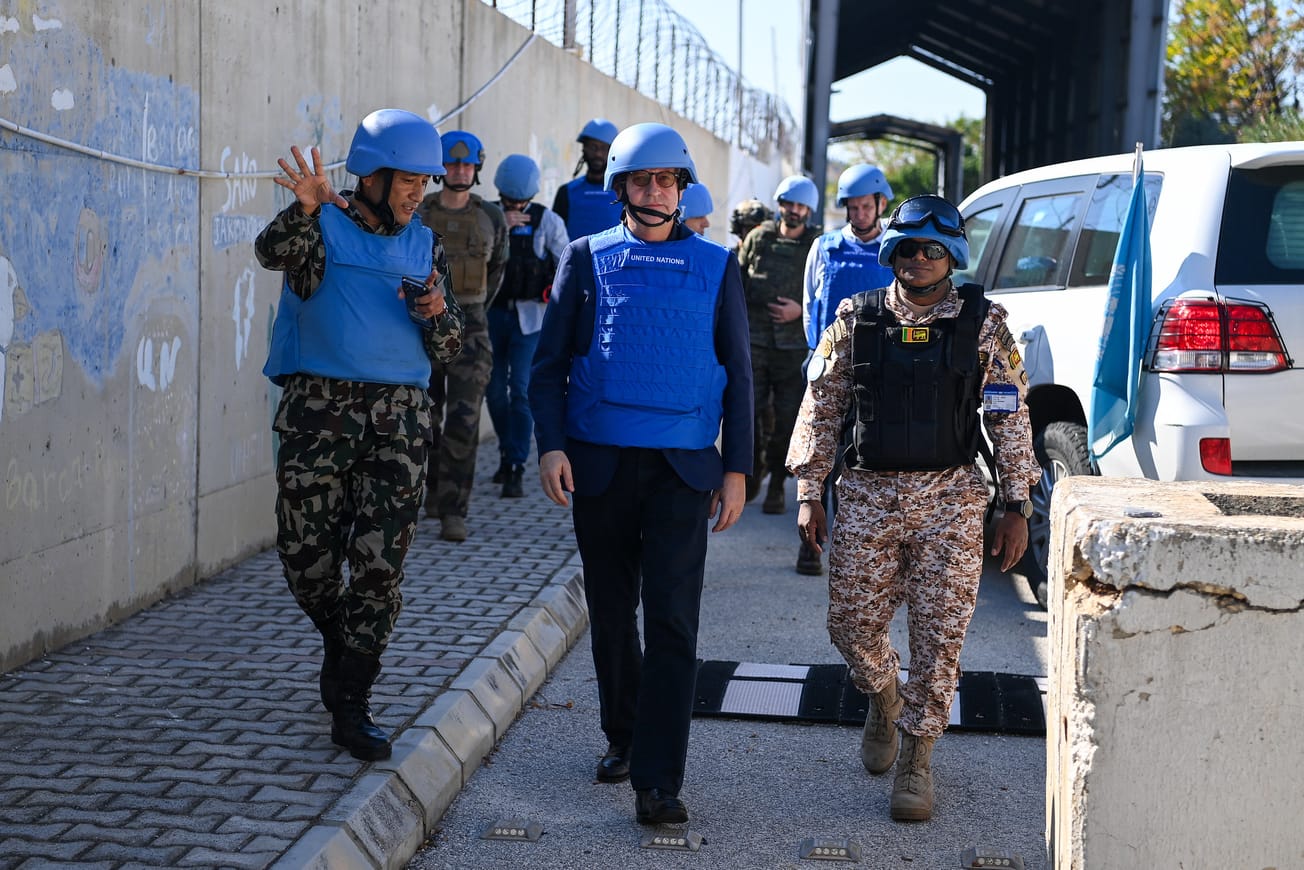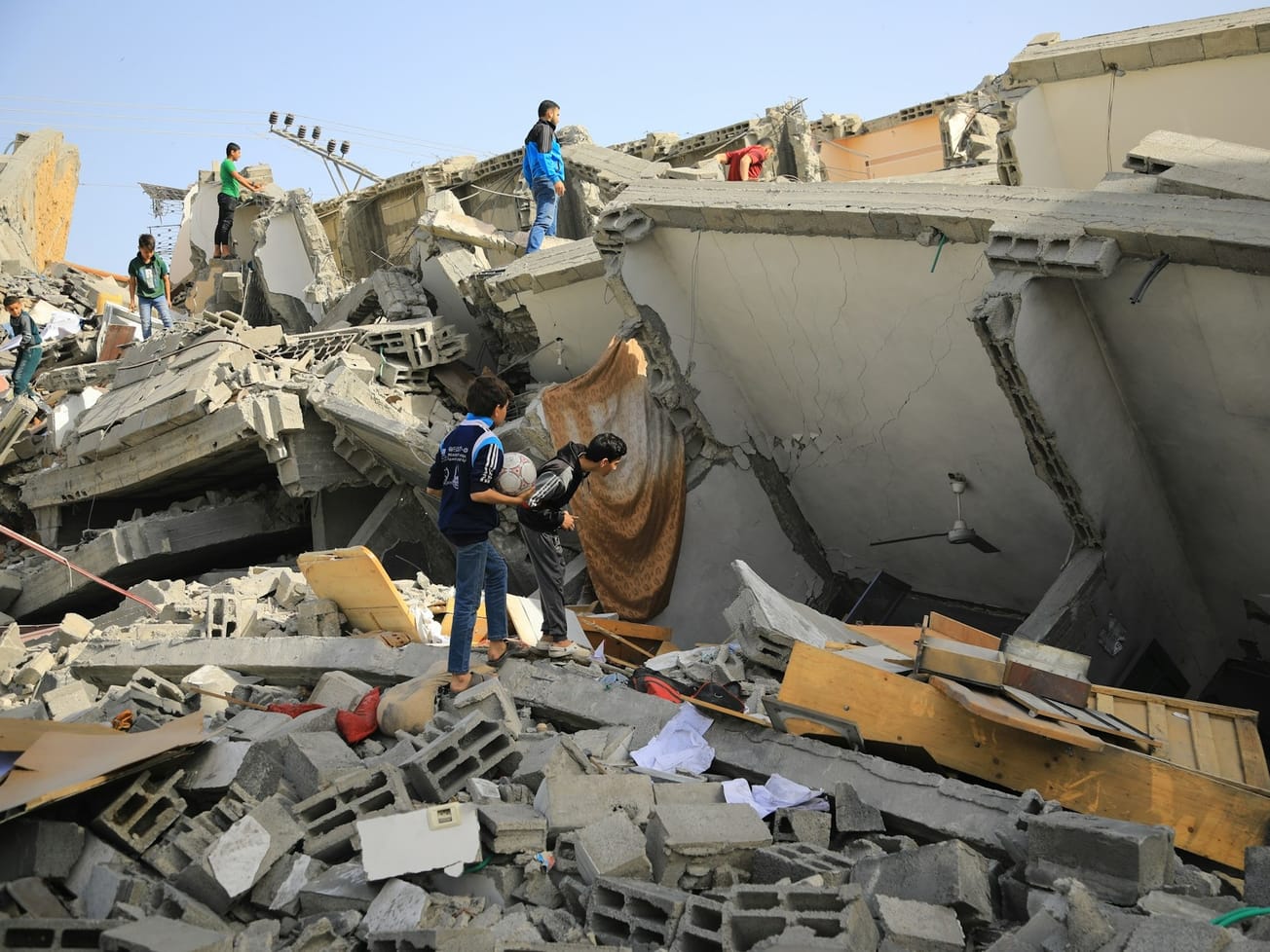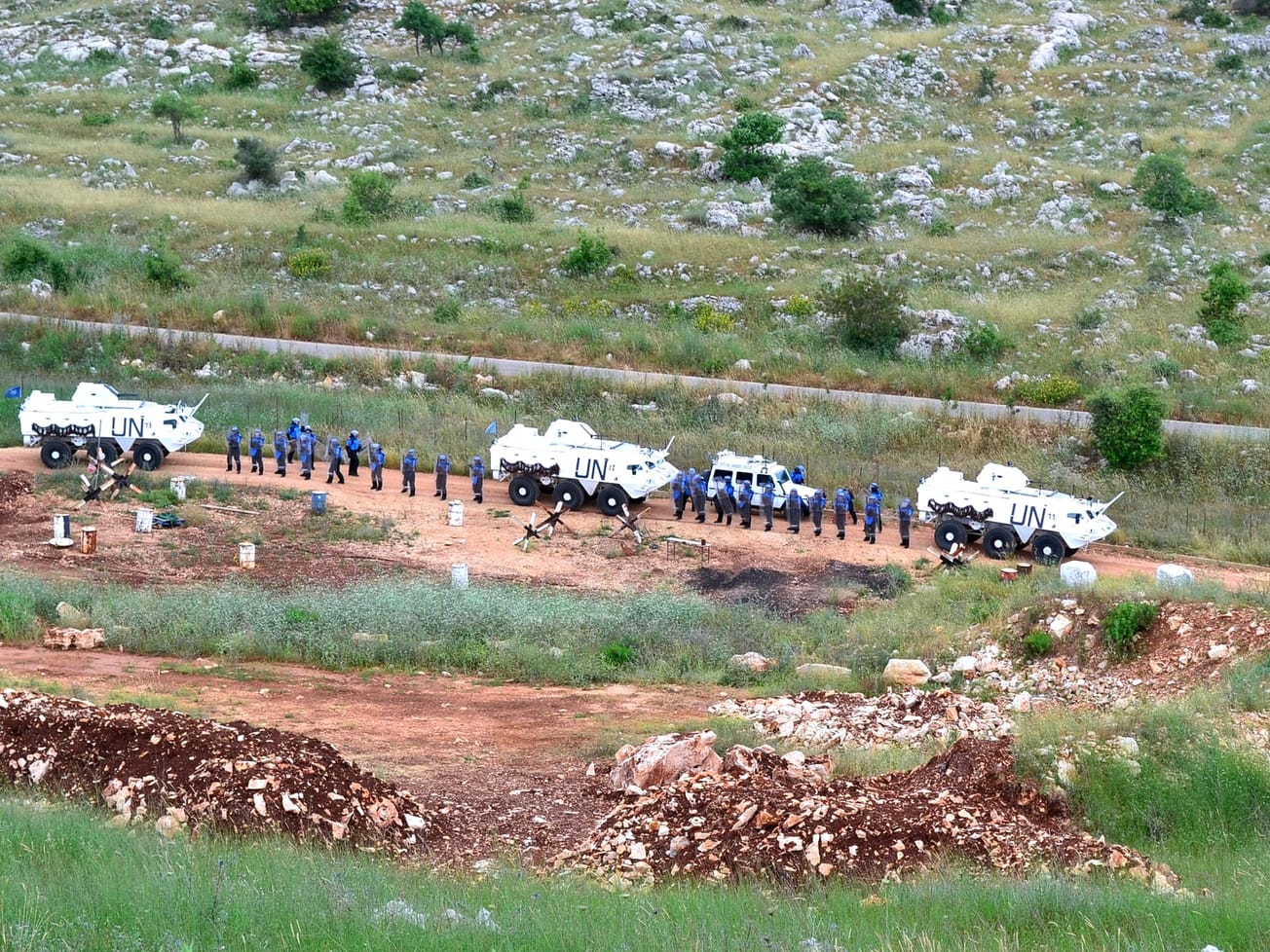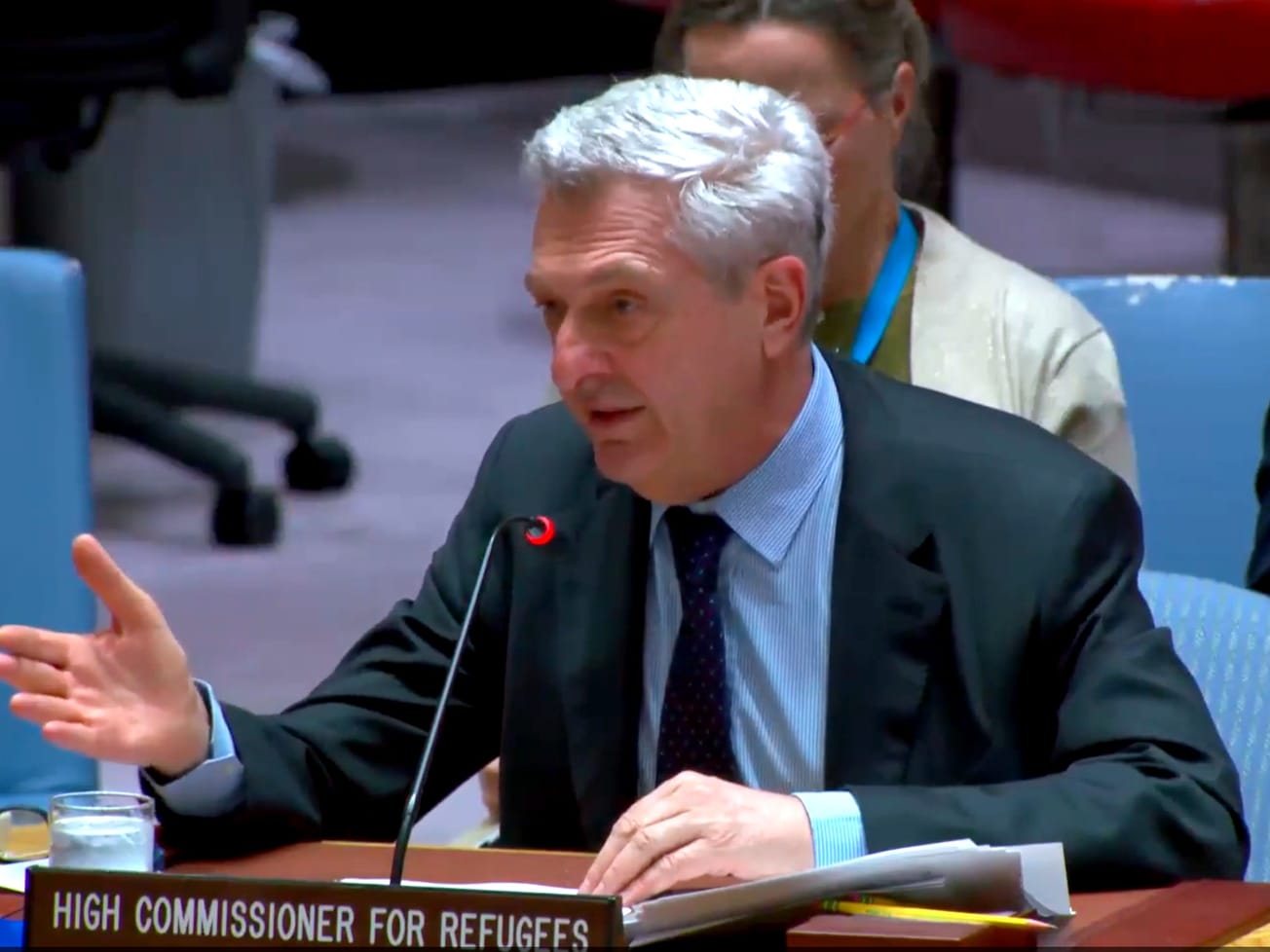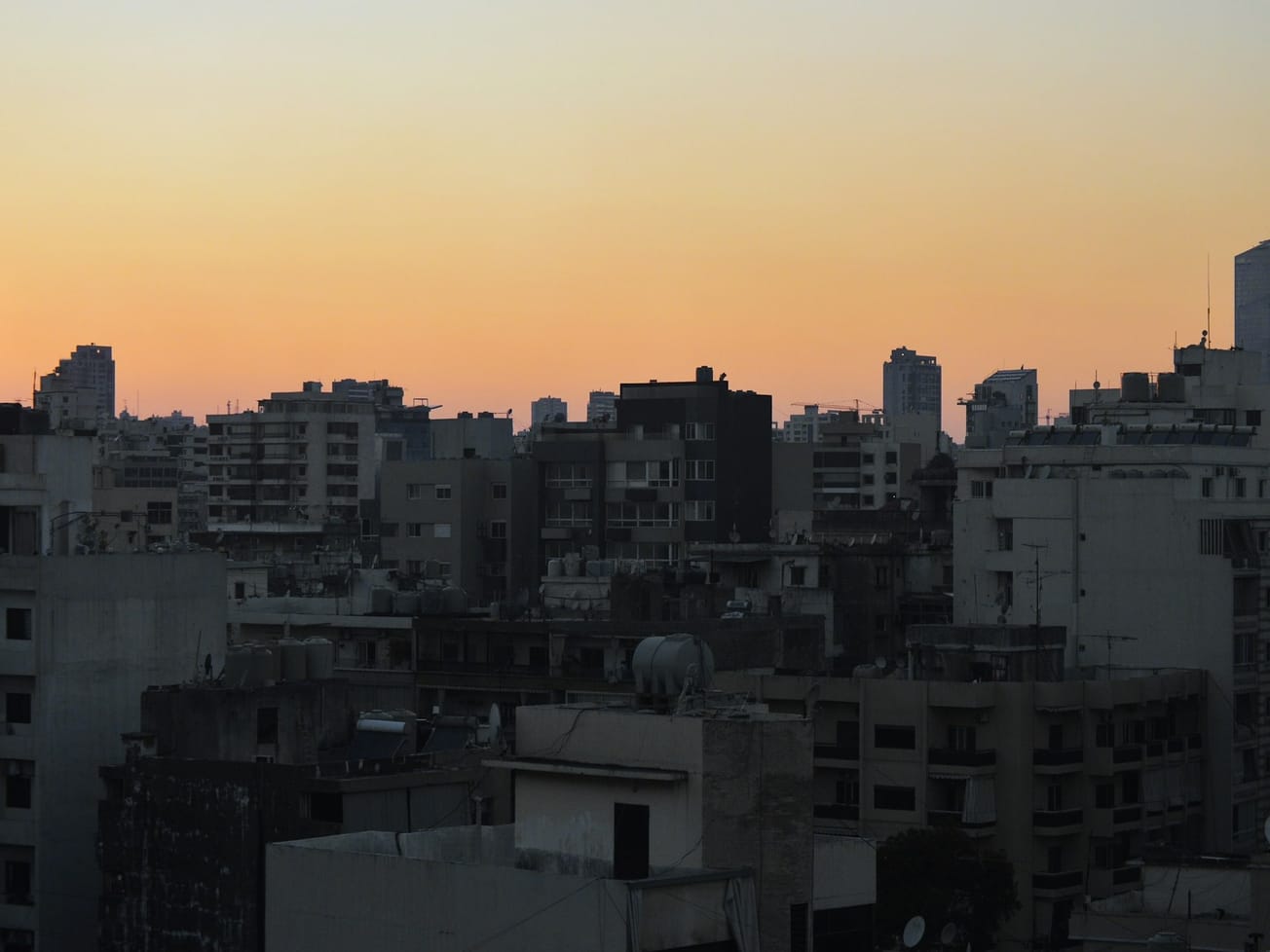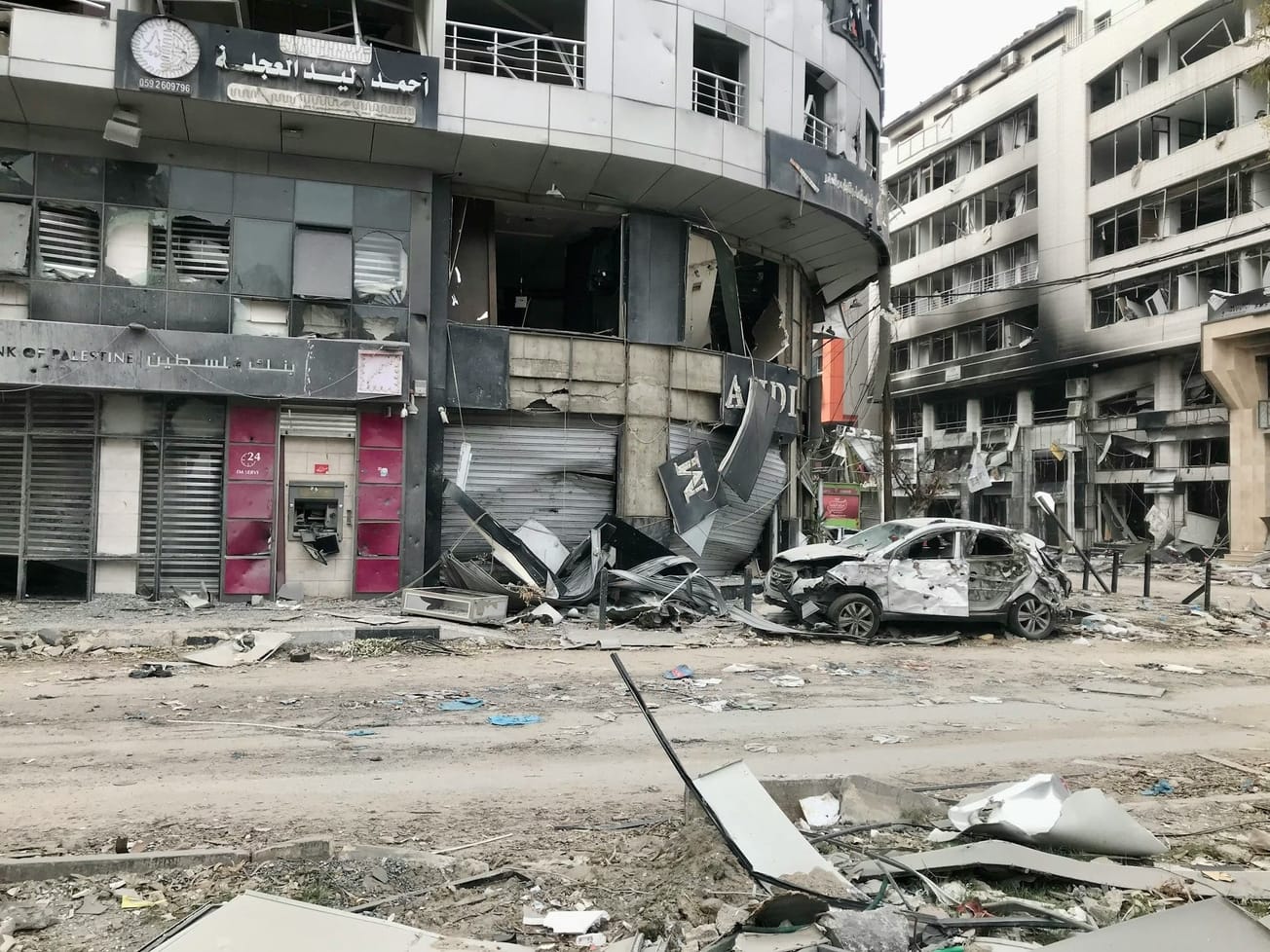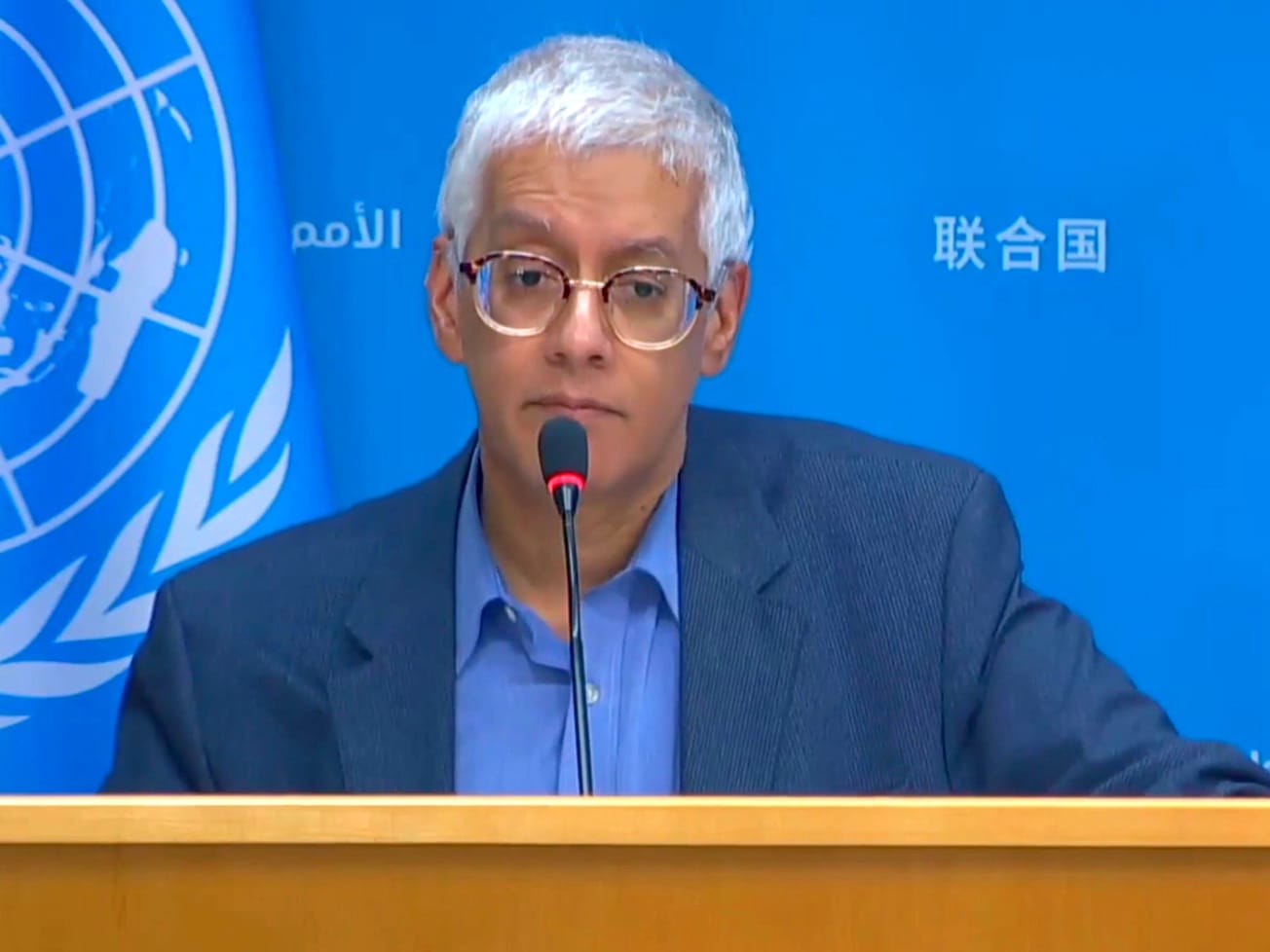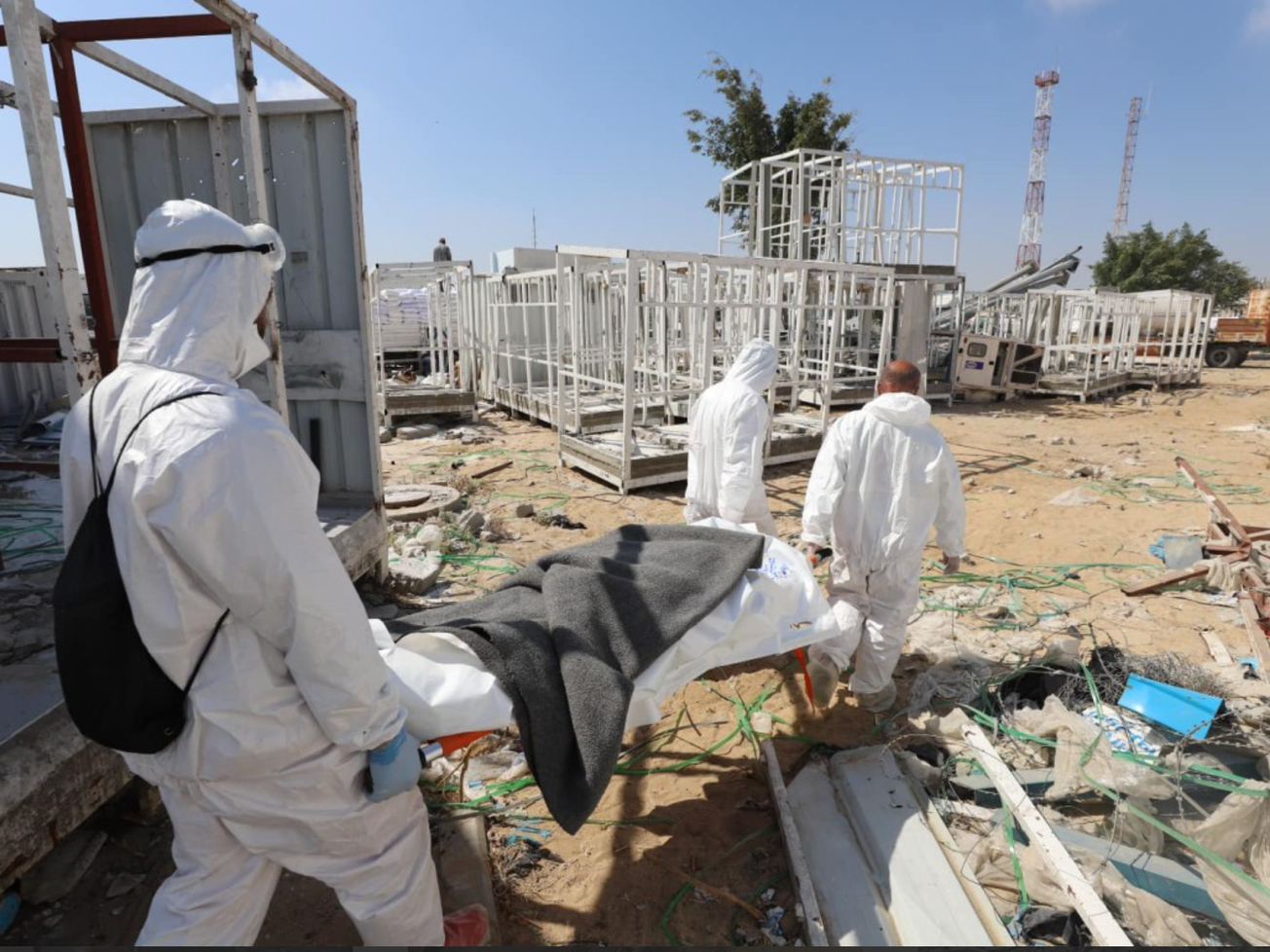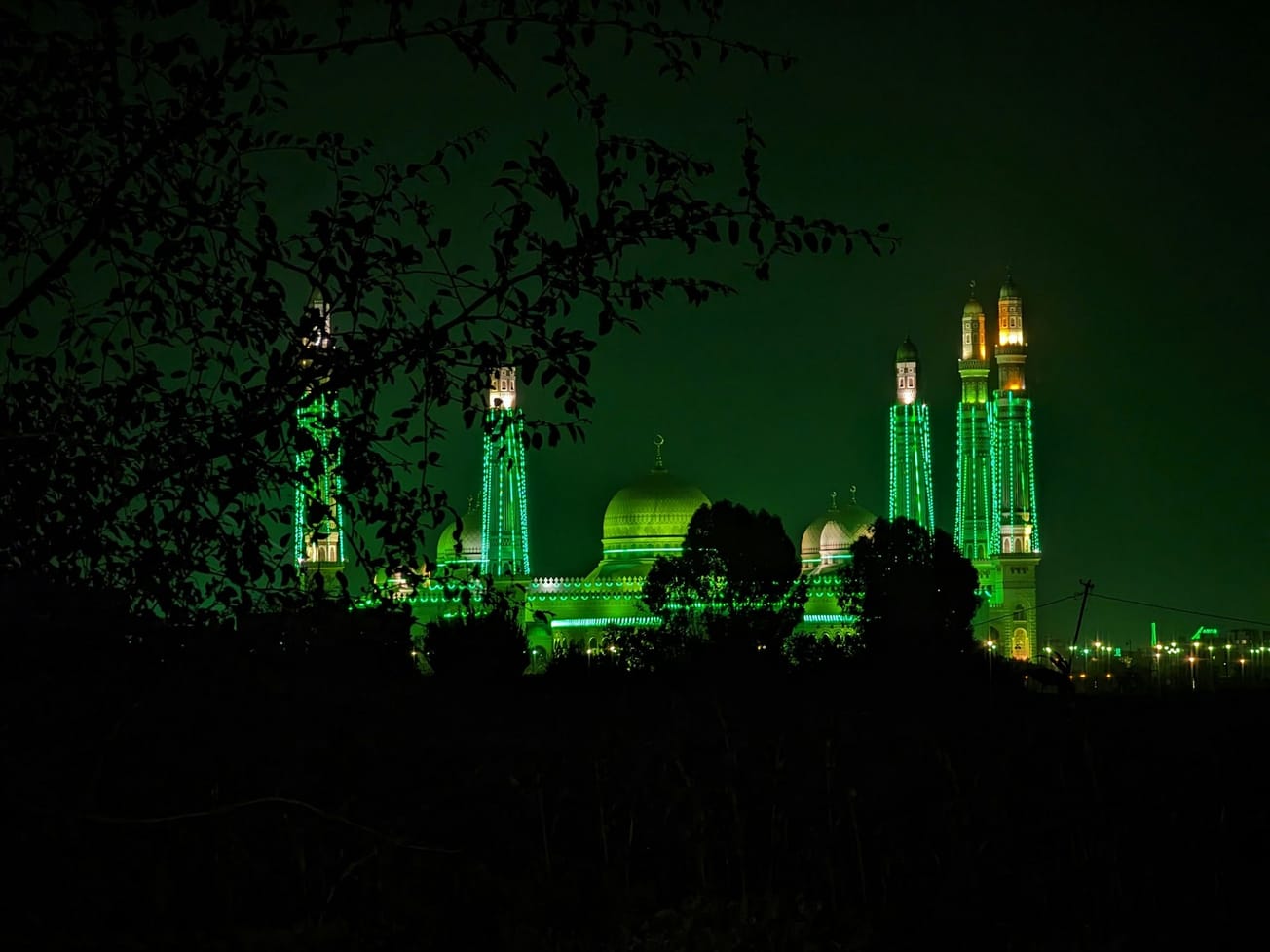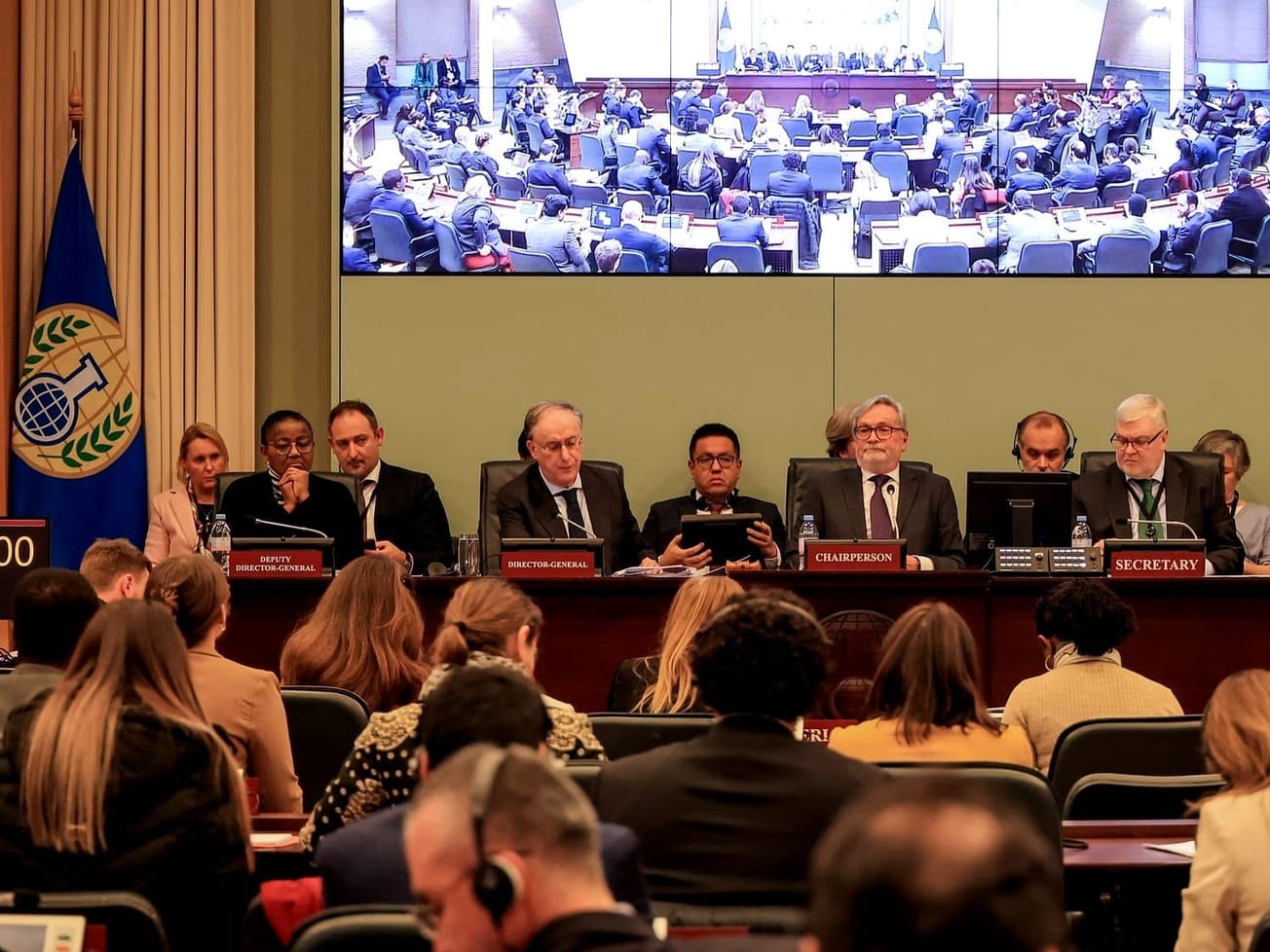
Global chemical weapons watchdog calls emergency session over Syria
A technical team has worked for years to address the 'gaps, discrepancies and inconsistencies' in Syria’s disclosure.
Already have an account? Log in
A technical team has worked for years to address the 'gaps, discrepancies and inconsistencies' in Syria’s disclosure.
Humanitarians scrambled to protect civilians as rebels toppled the Assad regime after a nearly 14-year civil war.
Israel strongly rejects the allegations that it is systematically trying to destroy the Palestinian people in its war with Hamas.
Switzerland hosted Britain, France, Germany and Iran for talks on several issues, including Tehran's nuclear program.
U.N. Security Council Resolution 1701, approved in 2006, is seen as a roadmap and the best hope for ending the war.
The Rome-based International Criminal Court's three arrest warrants allege war crimes and crimes against humanity
Hospitals are attacked, health care workers detained, and men and boys are rounded up by Israeli forces in northern Gaza.
The U.N. and dozens of nations demanded Israel stop firing at U.N. peacekeepers while attacking Hezbollah in Lebanon.
The U.N. high commissioner for refugees cites 'many instances of violations of international humanitarian law.'
For disabled kids and their families, navigating forced displacements amid the rubble is a life-or-death challenge.
U.N. human rights experts condemned the 'malicious manipulation of thousands of electronic pagers and radios.'
The proposal amplifies a recent International Court of Justice ruling that Israel has no sovereignty over the territories.
The original target for the campaign was 640,000 children, which may have been an overestimate due to the war.
U.N. investigators found nine UNRWA staff members 'may have been involved' in Hamas' attacks on Israel last year.
ICC prosecutors could use the U.N. report to bolster the court's work of investigating suspected war crimes in Gaza.
The U.N. secretary-general's special envoy for Yemen said regional dangers grew but the warring parties are talking.

